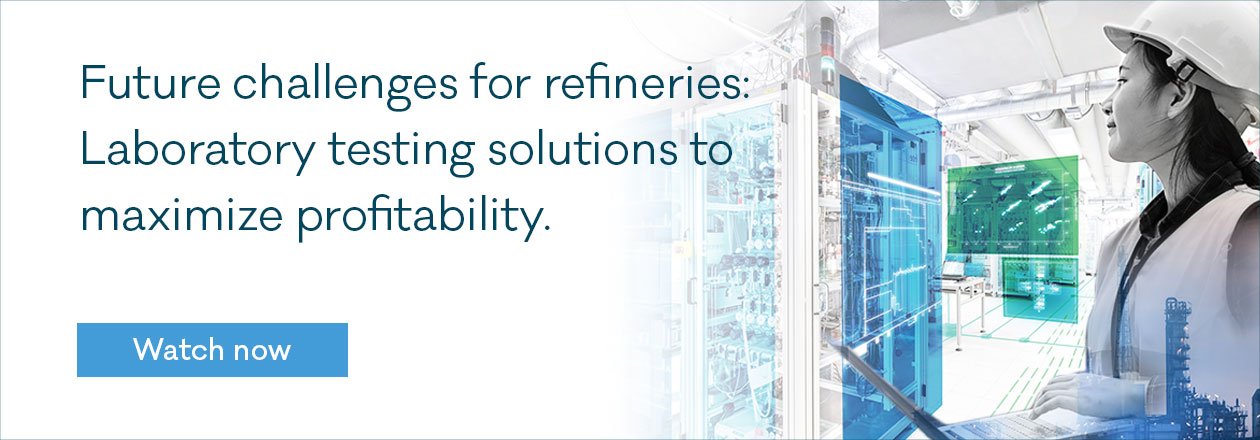Future Challenges for Refineries

How parallelized testing technology helps to support refineries, engineering companies and catalyst suppliers with shifting product requirements towards petrochemical products and the conversion of renewable feedstocks
Refineries have never before faced such pressure, as the demand for classical products such as fuels is dwindling and foreseen to decline further for years to come. In order to maximize the profitability, refineries are forced to expand their product portfolio towards other product classes such as olefins or aromatics (petrochemicals). This paradigm shift has led to the increasing utilization of sustainable feedstocks such as vegetable oils, used cooking oils, tallow or pyrolysis oils.
It is essential for refineries and catalyst suppliers all over the world to adapt to the changing market demands. Parallelized high throughput and bench scale technology can help generate experimental data at an unprecedented speed to support crucial decisions. From catalyst change outs to the processing of renewable feedstocks, hte provides with its broad toolbox a sustainable support to refineries and catalyst suppliers.
IN OUR WEBINAR ON-DEMAND, we will show
- how to support refineries, engineering companies and catalyst suppliers with hte’s technologies and integrated workflows for catalysis R&D, quality control and catalyst benchmarking
- hte's testing capabilities and solutions addressing not only refining and petrochemical catalytic processes but also novel processes
- case studies supporting refinery operations in a variety of conversion processes from hydrotreatment of residues to maximizing aromatics in naphtha reforming and maximizing propylene production in FCC
LET’S TALK ABOUT YOUR PROJECTS
Book a quick assessment with one of our experts to find out if you are ready to scale your testing capacity.
